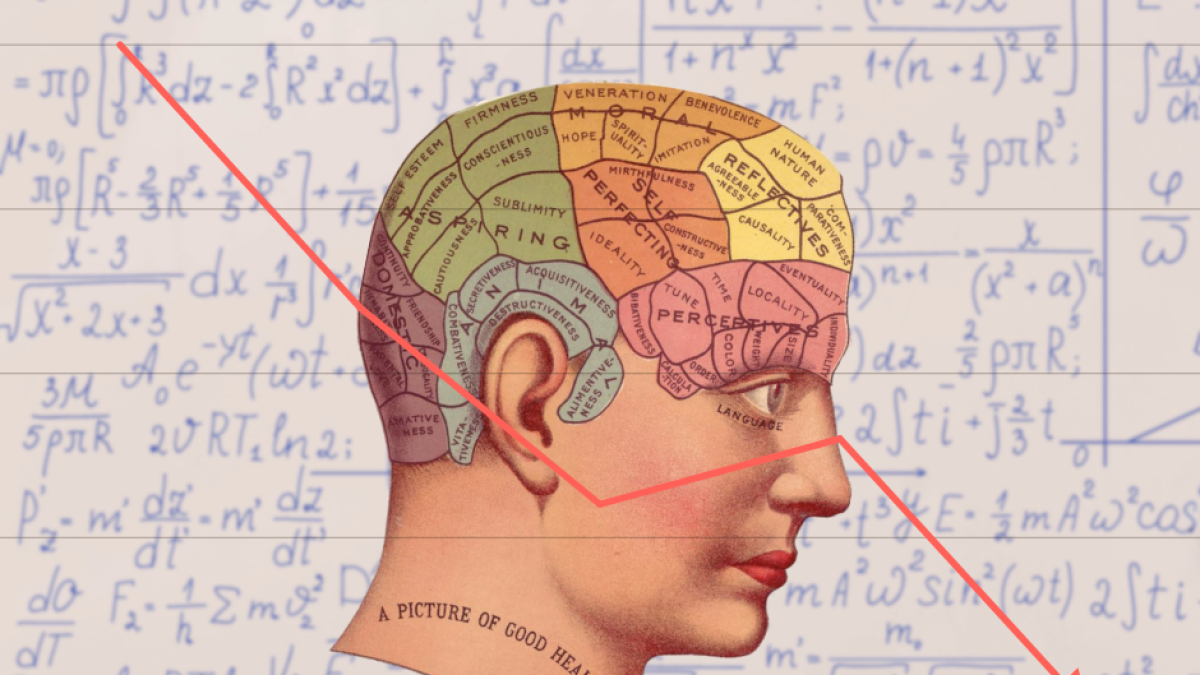Are we more ignorant? IQ declines for the first time in 70 years
A Northwestern University study revealed that the intelligence quotient of younger people is lower than that of their predecessors, contrary to the trend recorded in recent decades.

(Marco Verch / Voz Media)
Since 1930, the intelligence quotient (IQ) has been rising from generation to generation. This phenomenon, called the "Flynn effect ," would lead one to expect that the IQ of millennials, for example, would be higher than that of baby boomers. However, the IQ of Americans declined for the first time in 2006, according to research published by Northwestern University in Evanston, Illinois.
The rise not only slowed, but also reversed in almost all the categories analyzed in this study. The only measurement that increased is spatial reasoning (called "3D rotation" by experts). This measures the ability to understand and remember the relationship of different objects in space: one hypothesis argues that this improvement could be due to video games.
The categories in which the 40,000 participants performed worse than their parents and grandparents were logic and vocabulary, visual problem solving and analogies, as well as computational and mathematical skills. Young people between 18 and 22 years of age and those with the lowest levels of education obtained the worst results.
Looking for Flynn effects i... by Santiago Adolfo Ospital
Data for the study was collected from The Sapa Project online survey, which can still be completed, although new results will not be part of the Northwestern study. By completing the confidential and anonymous form, the participant can see their score on two personality trait measures.
The Flynn effect
In the early 1980s, American scientist James Flynn (1934 - 2020) scrutinized the results of intelligence tests for a book. Flynn sought to disprove the idea that the difference in IQ between blacks and whites was genetic. He then noticed, by chance, that IQ scores improved over time.
Thus the "Flynn effect"was born: "A consistent upward drift in IQ test scores across generations which has been documented to be approximately 3 points per decade," as defined by the specialized text WISC-V: Clinical Use and Interpretation, second edition.
In that text, the authors Jacques Grégoire and Lawrence G. Weiss affirm that the effect is widely accepted as real by the scientific community.
However, the straight upward line drawn by IQ scores began to show signs of a change in direction 60 years ago. It was in one of Flynn's own studies. The researcher found that in Norway the rate of the phenomenon that bears his name slowed down between 1968 and 1980. Further research even showed a slight drop in the country.
We do not know why we know less
Scientists who analyze our knowledge do not know the reasons behind the Flynn effect or the causes of its reversal, although there is no shortage of theories.
"It could be from poor nutrition," explains one of the researchers in the recent study, Assistant Professor Elizabeth Dowrak, at a Northwestern press release. Or it could be caused by worsening health in general, by exposure to the media or changes in education; or a the combination of all of them.
"If you’re thinking about what society cares about and what it’s emphasizing and reinforcing every day, there’s a possibility of that being reflected in performance on an ability test," analyzed Dowrak, who will continue to delve deeper into the subject with a database covering 40 years of information. Another factor, she said, could be that participants are more engaged in the temperament sections of the test, since Project SAPA is presented as a personality survey.
In this regard, the researcher highlights the good results in spatial reasoning. "If all the scores were in the same direction, you could make a nice little story, but that's not the case," argues Dowrak. "We have to keep going deeper."
The ceiling of evolution?
We don't know to what extent our intellect can continue to develop. Beyond environmental factors -such as education or health- there is a "genetic intellectual potential." Certain favorable environmental conditions help us to develop this potential, but is there a ceiling to this growth?
"As trees do not grow to the sky, human intelligence has likely some developmental limits that will be reached sooner or later." This is how the experts Xiaobin Zhou, Jianjun Zhu and Jacques Grégoire explain the possible limit to our intellectual development in WAIS-IV: Clinical use and interpretation.
























